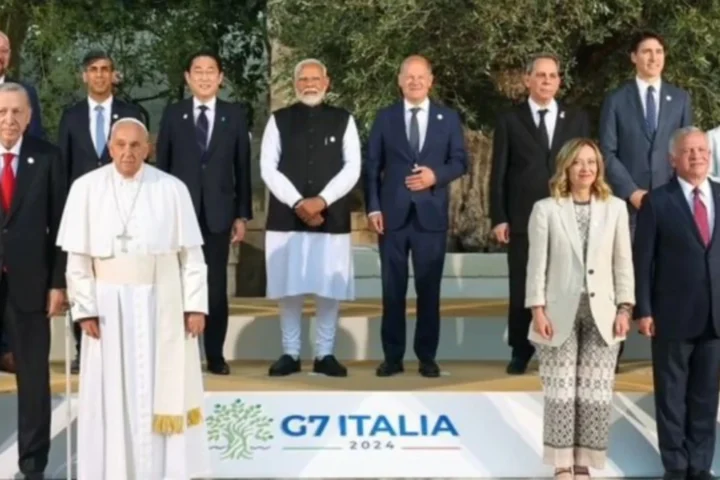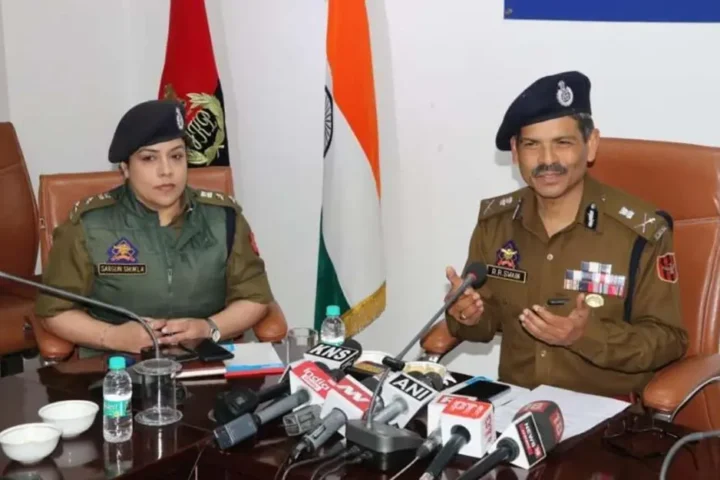India’s Supreme Court recently delivered a significant blow to LGBTQ rights by declining an appeal to legalize same-sex marriages in the country. The court’s ruling announced on Tuesday, came after hearings and arguments in April and May.
Judicial Review Avoiding Legislative Matters
Chief Justice Dhananjaya Yeshwant Chandrachud, one of the five justices, stated that the court, in the exercise of its power of judicial review, must avoid matters that fall within the legislative domain. He, along with two other justices, found that the issue of legalizing same-sex marriage should be decided by the Indian parliament.
Government Proposal for LGBTQ Rights
Instead of legalizing same-sex marriage, the court endorsed a government proposal to create a panel to consider granting certain rights and benefits to same-sex couples. Chandrachud argued that the state should provide some legal protections to same-sex unions, emphasizing that denying them benefits and services granted to heterosexual couples violates their fundamental rights.
Fundamental Right to Choose a Life Partner
Chandrachud emphasized that choosing a life partner is an integral part of choosing one’s life course, and this right is rooted in the right to life and liberty under Article 21 of India’s constitution. He further urged the government to take steps to ensure LGBTQ people do not face discrimination, such as establishing hotlines and safe houses for vulnerable individuals and ending medical procedures aimed at changing gender identity or sexual orientation.
Government Opposition and Societal Values
The Bharatiya Janata Party government, led by Prime Minister Narendra Modi, opposed the petition for legalizing same-sex marriage. They argued that the issue should be left to parliament and that such a ruling would disrupt societal values.
Historical Context
This ruling comes five years after India’s top court struck down a colonial-era ban on gay sex. While homosexuality was decriminalized in India in 2018, LGBTQ activists argue that sexual minorities still often face discrimination in their daily lives.
Disappointment and Ongoing Struggle for LGBTQ Rights
Many LGBTQ activists and individuals in India expressed disappointment with the court’s decision. They see it as an abdication of the court’s responsibilities and a setback for LGBTQ rights in the country. The struggle for LGBTQ rights in India continues, with many feeling that it will be a long and challenging battle in a country where traditional values still hold significant sway in politics.







